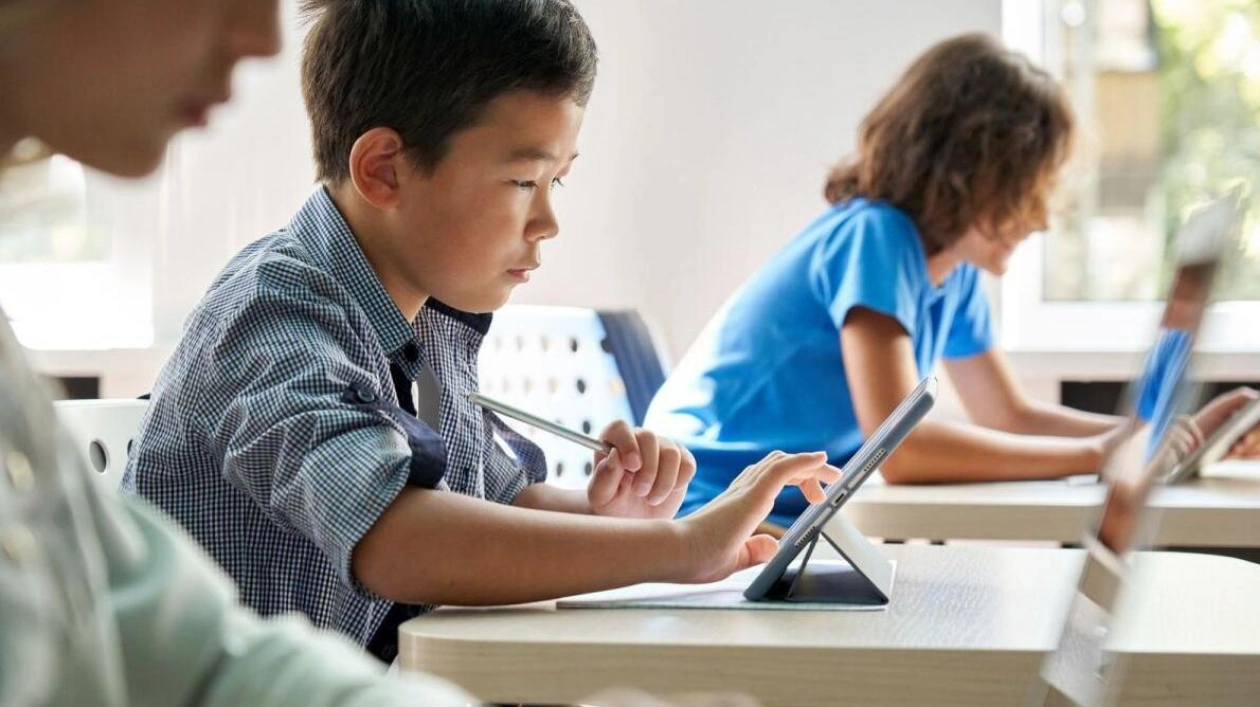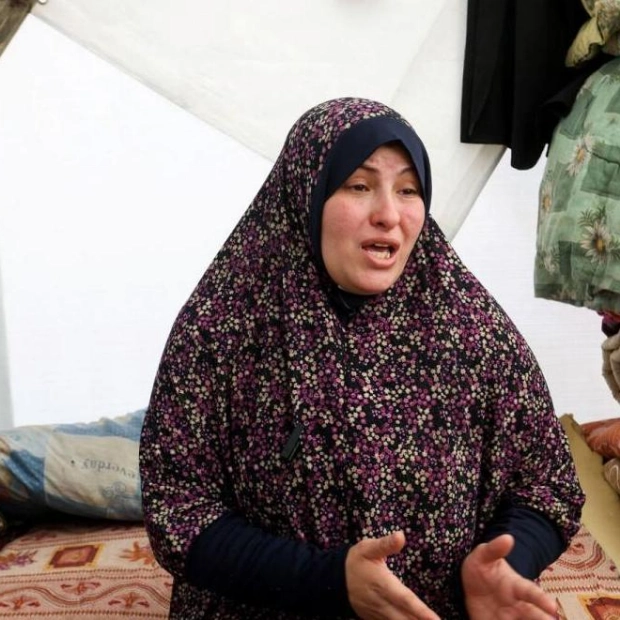A Dubai school has experienced a rise in its happiness index and reading scores following a three-year initiative to limit screen time. Simon Crane, the headmaster of Brighton College Dubai, noted that the school has been closely monitoring screen time for some time. “We have witnessed a 15 percent increase in happiness levels over the past two years,” he stated. “We have also noticed heightened levels of focus and improved academic achievement. Our reading scores have also risen since we started this initiative to reduce screen time.” Crane added that Brighton College Dubai implemented several measures, including banning mobile phones during school hours, limiting screen time, and introducing a healthy digital literacy program. “Phones are prohibited until the sixth form,” he explained. “We do not use screens for creative subjects such as PE, art, drama, and music. Screen usage in Math and Science is restricted to instances deemed necessary by the teacher. It is not the standard mode of instruction.”
Another institution in Dubai, Little Wonders Nursery, has adopted a screen-free approach for all its children. “Whether they are in a 4-hour batch or a full extended-day program, every child spends their time completely screen-free,” said assistant manager Fathimathul Rishada. “Their day is packed with meaningful activities like playing, learning, studying, and interacting with peers. It’s inspiring to see how children naturally form relationships, engage with each other, and grow through real-world experiences when they are away from screens.”
Crane emphasized his support for delaying the introduction of screens to children. “Once you give them a screen, it’s for life,” he said. “So, you want to delay the introduction of screens to young children. That’s why we aim to reinstate traditional teaching methods.” Rishada concurred, highlighting the negative impact of overexposure to digital devices on children’s development. “With education increasingly incorporating screen-based tools and children spending much of their free time on tablets and phones, the effects on their social, emotional, and cognitive development are clear. Especially during the critical 0-5 years, when the brain is developing rapidly, children need to spend time socializing, exploring, and being nurtured in various developmental areas.”
A Dubai-based psychologist reported frequently encountering addiction issues in children as young as two. Dr. C. B. Binu, chief psychiatrist and medical director at Al Fasht medical center, shared a case of a 2-year-old girl who exhibited mysterious symptoms of suddenly falling backwards, often hitting her head on the ground. “The mother admitted to giving the child screens from when she was less than a year old to keep her occupied while she did household chores,” he said. “The distraction became a permanent fixture until the mother realized the girl was addicted to her screen. She removed the screen, which led to some tantrums that eventually subsided. However, our observation was that her developing brain had become so accustomed to the stimulation of a screen that when it was taken away, her body didn’t know how to react. We believe that falling backwards was a coping mechanism the child adopted to the absence of a known stimulant. With some intervention, we were able to resolve the recurring issue.”
According to Crane, adjusting the approach to screens as children age is crucial. “As children get older, we have to work with them,” he said. “We gradually reduce limits and discuss digital safety with them. We also encourage students to track the hours they spend on screens compared to previous weeks.”
Source link: https://www.khaleejtimes.com






